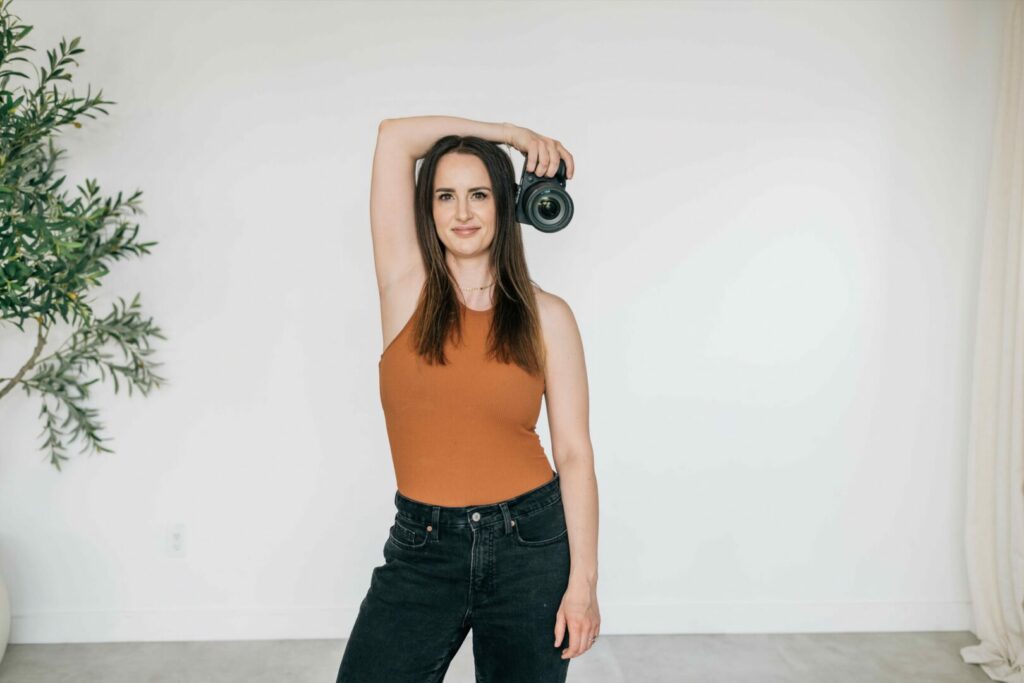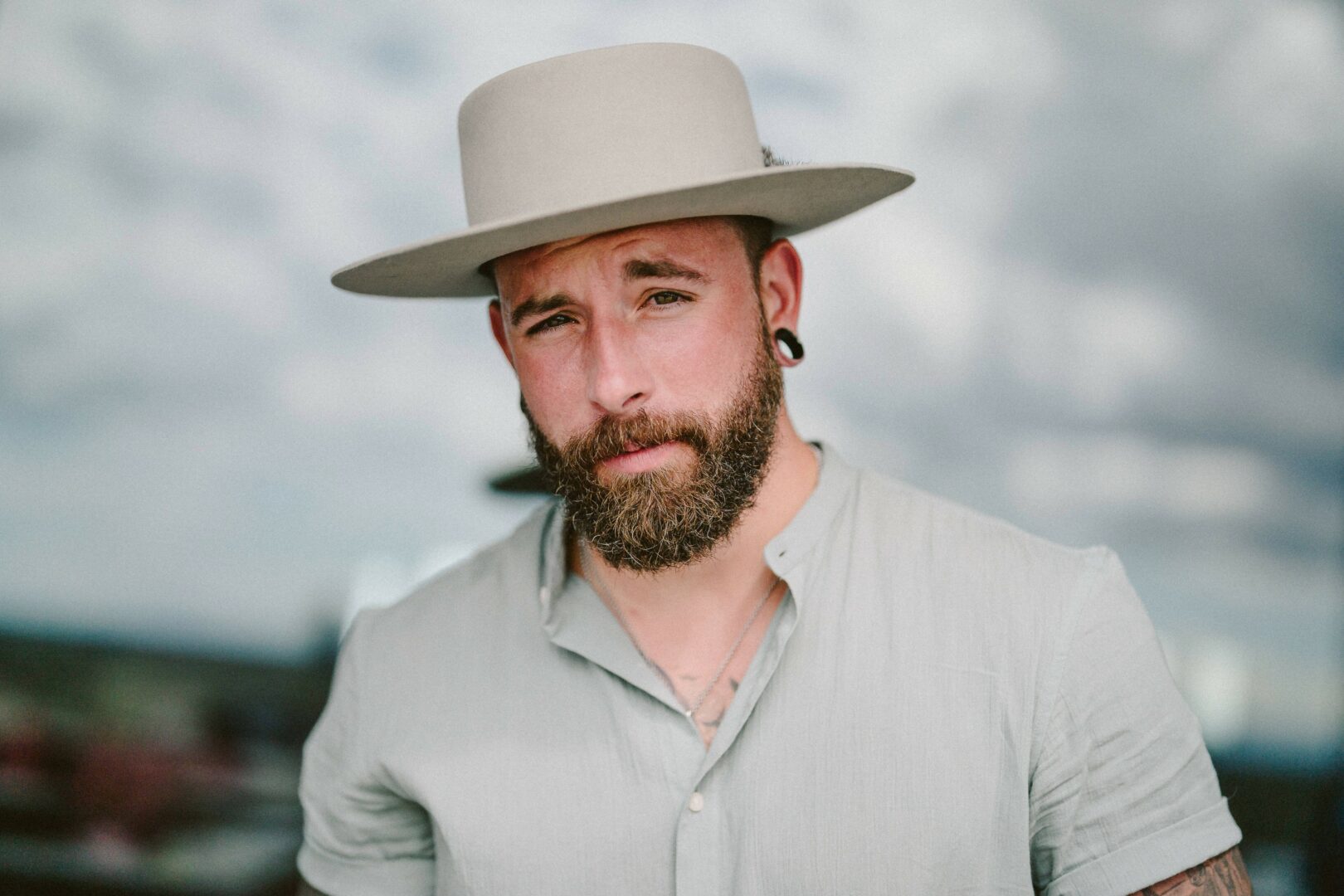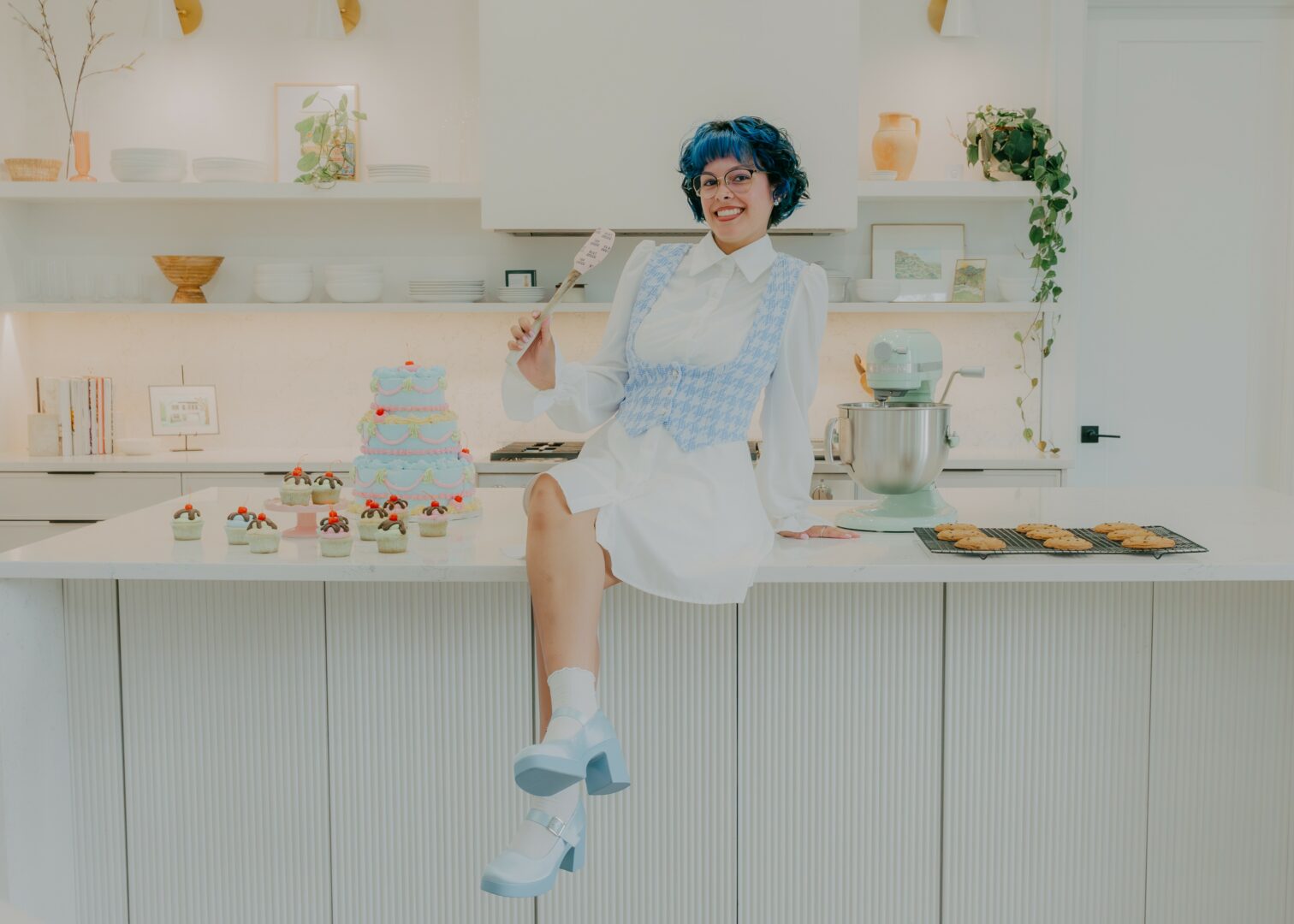Self-doubt and imposter syndrome have stopped far too many talented folks from going for their goals and reaching their true potential. Our hope is to host conversations that inspire folks to overcome imposter syndrome and help others as well.
Jacovie Burns
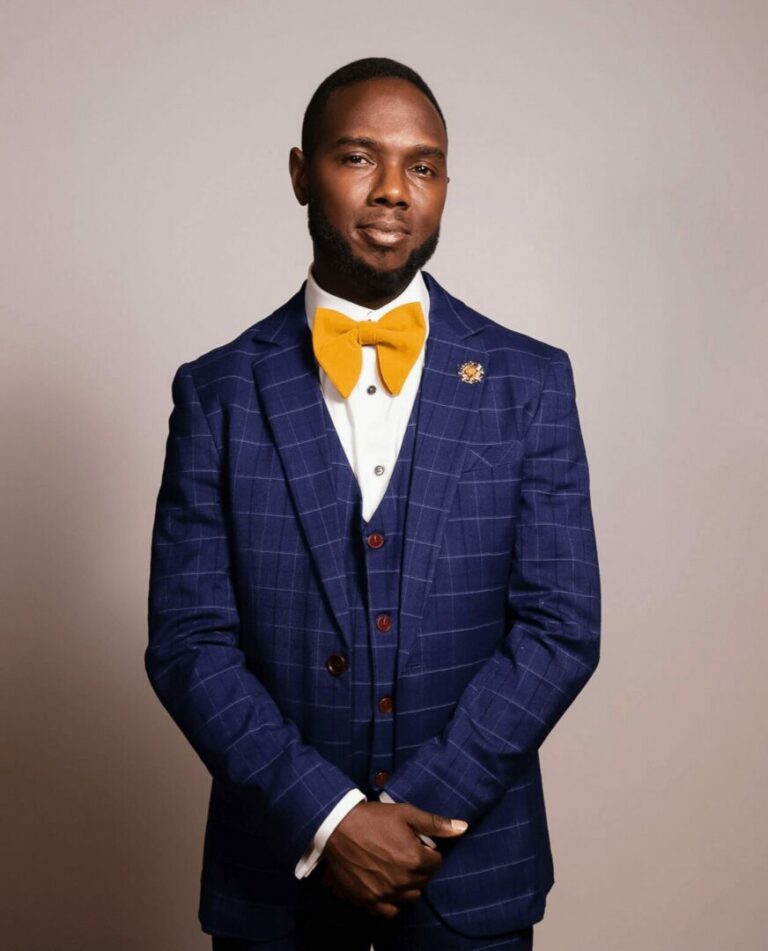
Overcoming imposter syndrome has been an ongoing process… It has been a journey of self-discovery and resilience for me. As someone who’s been in the music industry for over 20 years, from scoring independent films to working with serval hundred creatives in different capacities. I’ve often found myself questioning whether I truly belonged in rooms with some of the most talented and renowned figures in the business. There were moments when I felt like a spectator rather than a contributor, despite my achievements. Read more>>
Robert Shahnazarian, Jr.
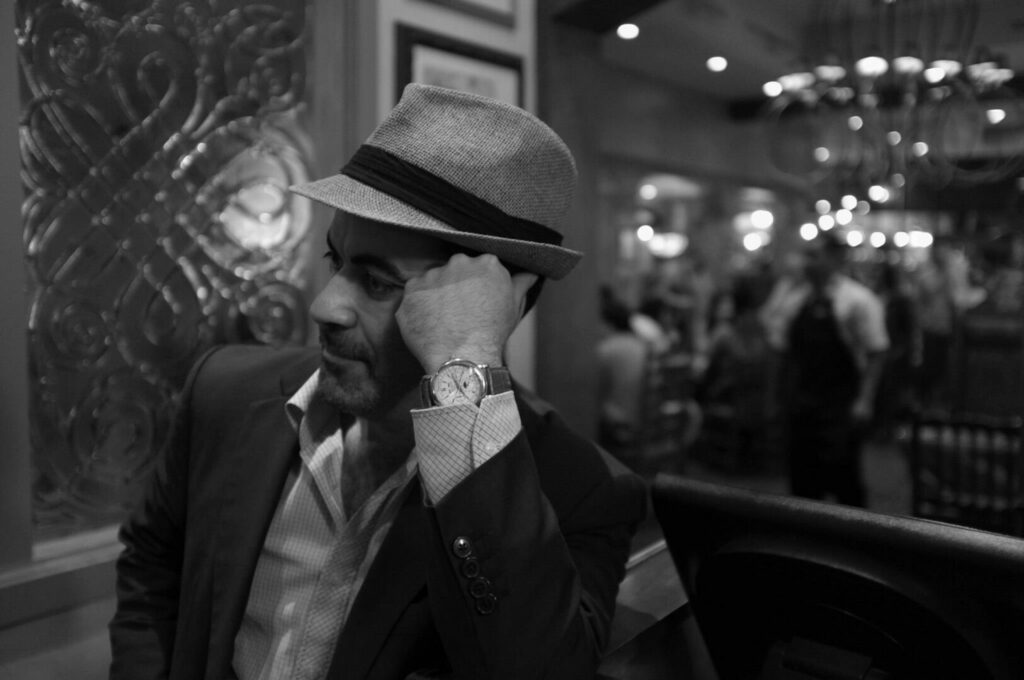
Throughout my career, my ambitions have always exceeded my skills, which has allowed imposter syndrome to creep in. However, I have consistently overcome it by putting in the long hours to acquire the skills necessary to master them. Malcolm Gladwell espoused the 10,000-hour rule to become an expert in a field, and I can attest to this. Read more>>
Toria Germain
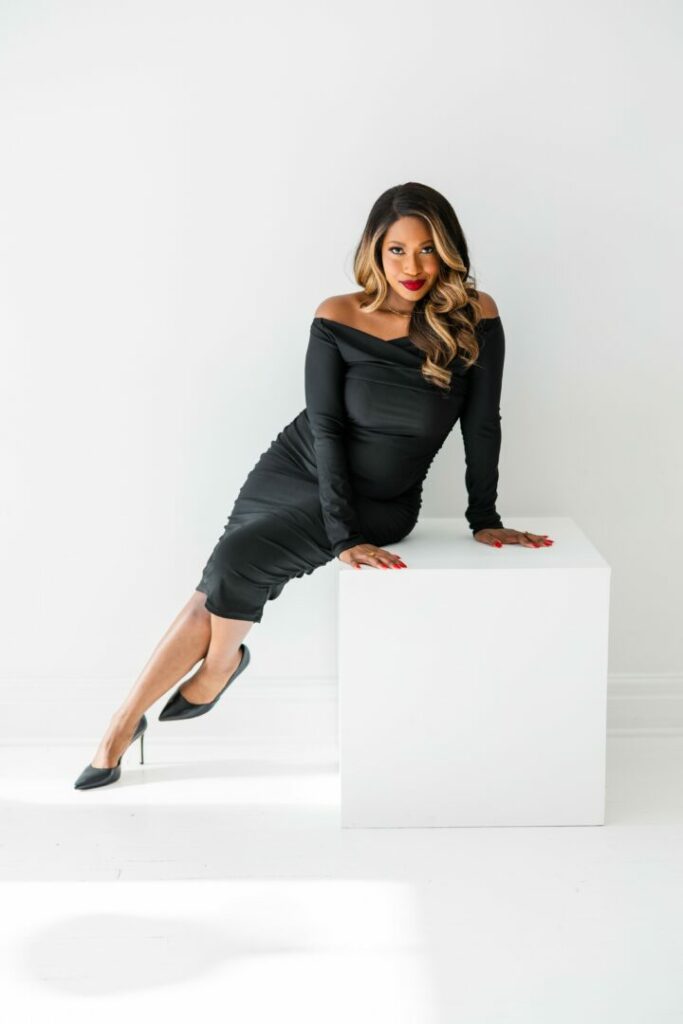
When I first began my journey as an entrepreneur, there was a lot of internal enthusiasm. As the journey continued, I quickly learned that I definitely did not know all there was to know to be and stay successful as a photographer. The lessons I learned are invaluable! One of the main ones being that the most critical voice you’ll hear is the one in your own head. “This isn’t good enough” or “I should have done…” is one of the things you’ll always be faced with as an entrepreneur. Read more>>
James Tobon
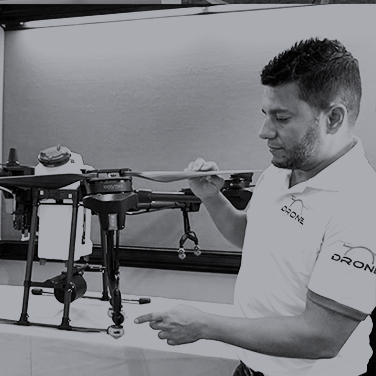
As an immigrant who speaks both English and Spanish, there were times when I felt like I didn’t really belong in my career. Even though I had a lot of experience and passion for flying drones and teaching others, I sometimes doubted myself. I’d think, “Do I really know enough to be doing this?” That feeling of doubt is what many people call imposter syndrome. Read more>>
Sam Rossiello

I don’t think you ever fully “overcome” imposter syndrome, and I don’t know if you should. If you’re pushing yourself and stepping outside of your comfort zone, it’s natural to feel like you’re in over your head sometimes. That feeling is a good thing—it means you’re growing. Read more>>
Hb “hbfromkc” Ridley

I honestly don’t think imposter syndrome is able to be “overcome”. I think you beat it by accepting that it’s there. I’ve accepted the fact that the doubts I have about myself are not real, but are rooted in trauma and unfortunate circumstances in my life. Believing in yourself is an active choice you have to wake up and make every single day. The most successful, creative people still have days and moments where they don’t believe in themselves or feel like they aren’t worthy. The reason we’re (society) able to enjoy what these people provide to the world is because they didn’t let anything stop them, not even themselves. Read more>>
Sabrina Patterson
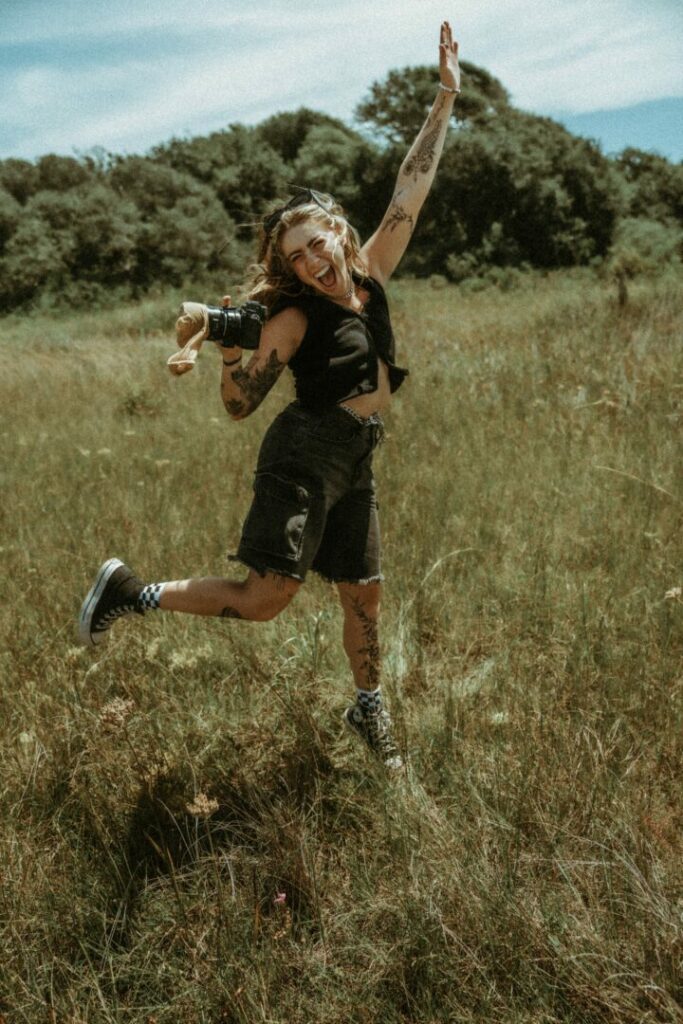
Imposter syndrome is something that I absolutely struggled with, specifically in the beginning years of building my photography business, just like so many others do. I believe that imposter syndrome can also stem from low confidence. Whether it be personal confidence, or confidence in your business, it absolutely is a contributing factor. I did a lot of self healing over the years in therapy, and I know that when I started to value my uniqueness as a person, my perspective on my art also transformed. When I stopped caring about what others thought about me, I started to create art + a brand that was truly authentic to me. Read more>>
Marita Karpetta
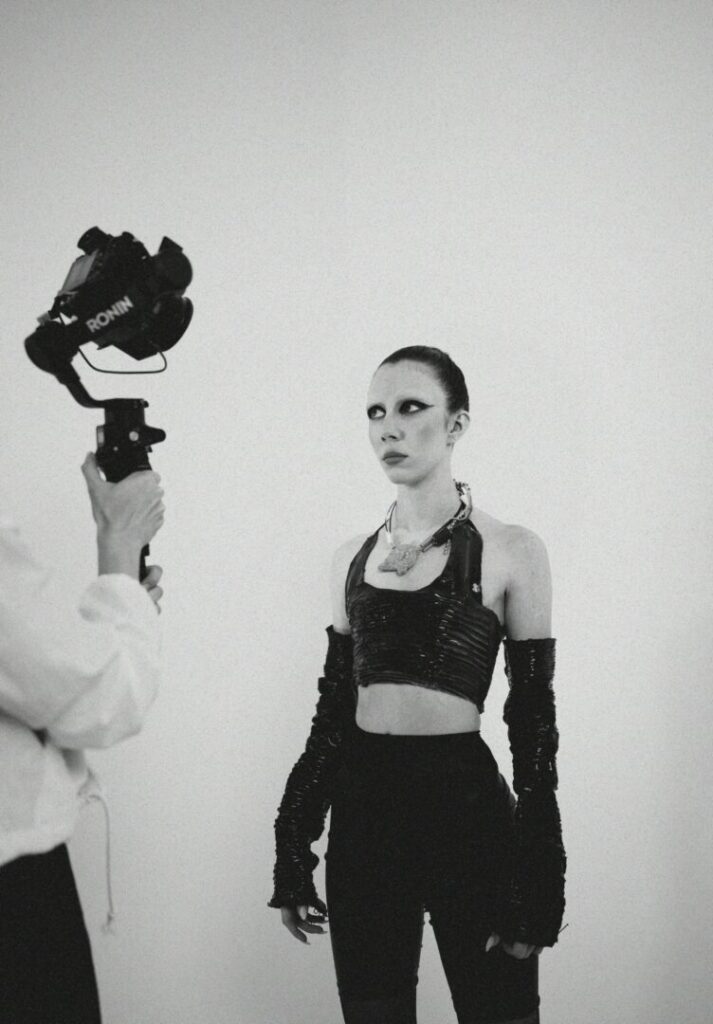
So, since a very young age I wanted to become an actress. However, I was always very shy and quiet and I was panicking every time I would stand up in front of people to act or even speak, I was feeling like I was not good enough and that all of the people there would be better than me. I was also comparing myself with other people that had a more stand out character which was not helping.
I was taking acting classes in the evenings, where one of the teachers there was telling me to be realistic and that I cannot be an actress since I am shy and my character does not stand out, and also because I live in a small island called Cyprus, probably no one would notice me. Read more>>
Mel Ripp
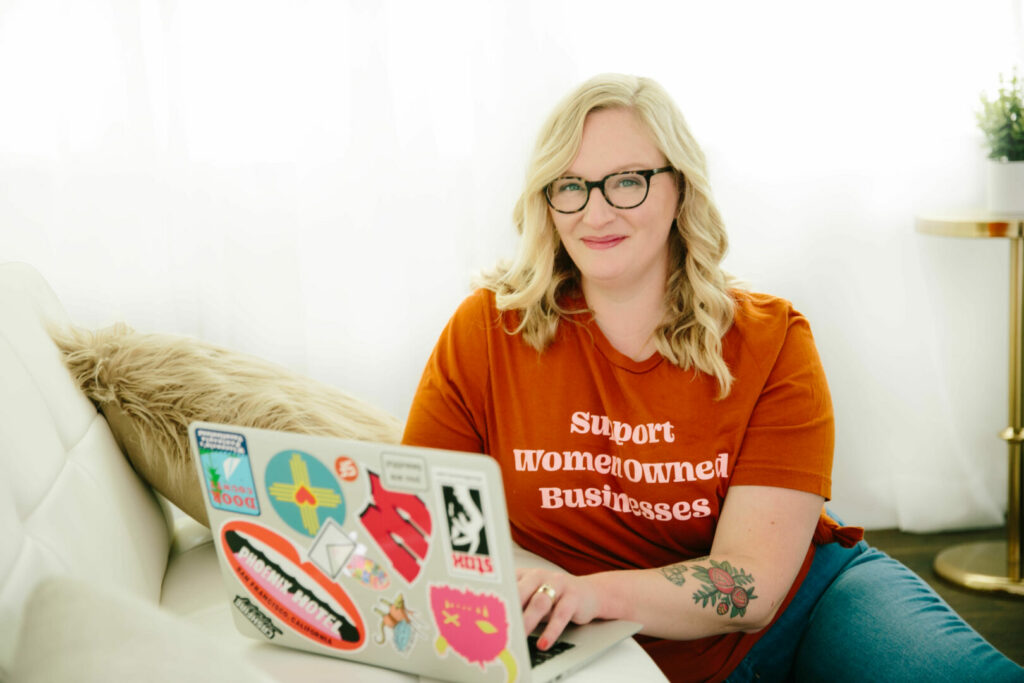
One of the biggest things I did to overcome imposter syndrome (and honestly, I don’t think anyone would admit that they no longer experience imposter-like feelings. I think you learn to manage it better) was to stop using that term in my internal and external conversations. Read more>>
Gina Ahtof

I had worked in my industry for about 12 years before I decided to start my own business. I had plenty of confidence in the bank through positive reinforcement from previous employers and customers. My last boss empowered me by letting me know that I could accomplish any task no matter how large it was. That was huge for me. I really did feel like I could accomplish anything under his mentorship. But when I started my own business, it felt like I started at close to zero with confidence. Read more>>
Kate Hunter & Emily Merritt

As women who are creating content within the gaming space, imposter syndrome is honestly part of the package. Whether you’re a relatively new gamer, or having been playing games your whole life, or whether you generally stick to “cozy” games versus traditional AAA genres like shooters or action titles, it really doesn’t matter. There’s always going to be some faction of the male gaming community that wants to shout you down, and say you don’t have the credentials to call yourself a “gamer.” We’ve been really lucky so far in that we haven’t had to deal with these attitudes directly very often, but you can still feel their presence in the gaming community at large. It can really weigh on you! Read more>>
Te’kia Young
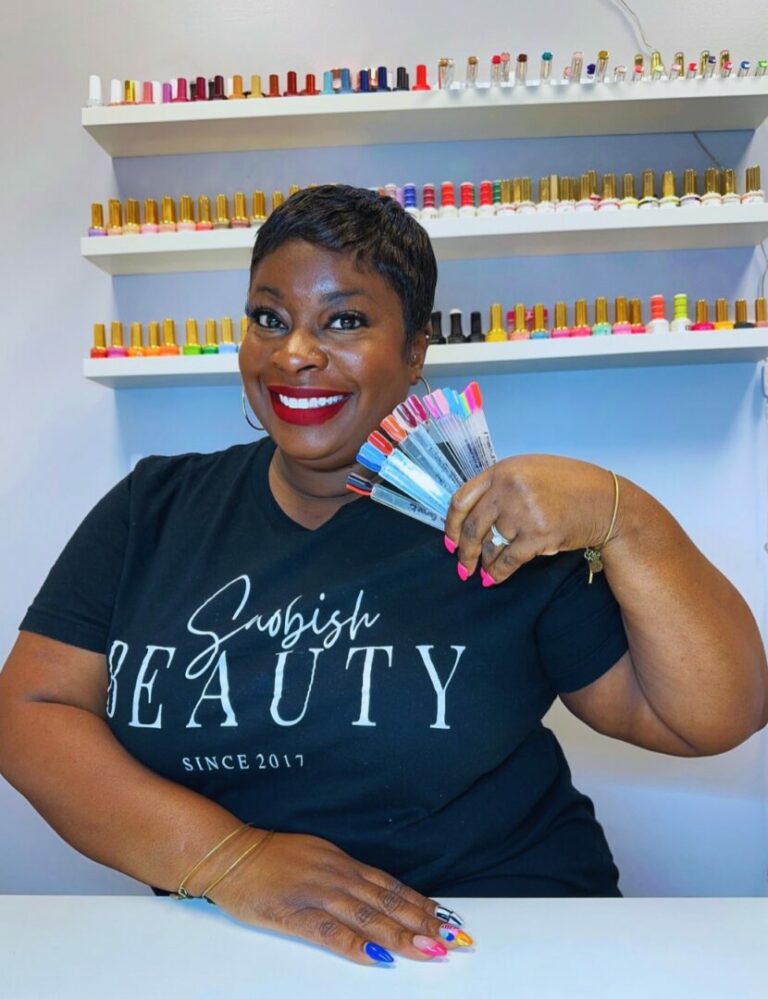
I don’t know that imposter syndrome is something that you overcome. For me, it’s more like managing the bouts of it as they come and go with new levels in your career. I’ve always been a slide under the radar type of person. I like to get in do my job and go home. I always do them well but I never really cared for a lot of attention surrounding my accomplishments at work. Transitioning from corporate to the beauty industry was completely opposite of what was comfortable for me. The beauty world is all about showcasing your skills out loud and proving that you’re the best at the services you provide. Read more>>
Erika Anat Fritz
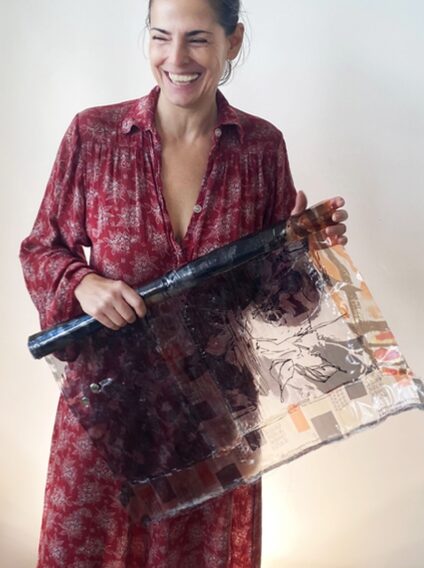
That’s a very special question and I love the depth of it right away! I grew up in Germany in a fairly poor household of immigrants from Romania. My father wanted something bigger and better for us children and tried to get us to study something academic, but I was never an analytical person. All I had in my head was to create. That is the red thread that manifests through my whole life. All the different projects and things I have done, have that one thing in common: They flow out of my creative brain. Read more>>
Toya Harze

Honestly, it sounds repetitive but I just did it. I’ve always liked the saying, “The definition of insanity is doing the same thing over and over again and expecting different results.” And I know for a fact I’m not insane. I started by reflecting on what I enjoyed about my current job and where I saw myself in the future. Then, out of the blue, a close friend texted me, saying she’d been thinking of me. She encouraged me to pursue my real estate license and figure things out along the way if I was really serious about it. Read more>>
Adam Anglin

Knowing everyone deals with imposter syndrome is not enough to overcome the feelings of insecurity that an artist has to deal with. I try my best to live into the mantra “no one knows anything” and be ok to be on the journey of self discovery in terms of my artistic development. Every piece I create is taking me further down the path of figuring out who I am as an artist and my work will continue to improve as a result. This idea of self discovery keeps me going. I’ve learned how to be ok with never arriving and always in discovery mode. Read more>>
Mary How

I’ve worked as a board-certified art therapist in mental health for the last 25 years. When I was starting out, I had three amazing mentors. They each individually and collectively taught and guided me in a way that protected me from my own professional limitations. I was very fortunate to work with and learn from them in the beginning. It wasn’t until the last several years or so, after leaving outdated, crumbling systems and began working independently, that I have found myself feeling like a bit of an imposter. Read more>>
Lauren Trivison
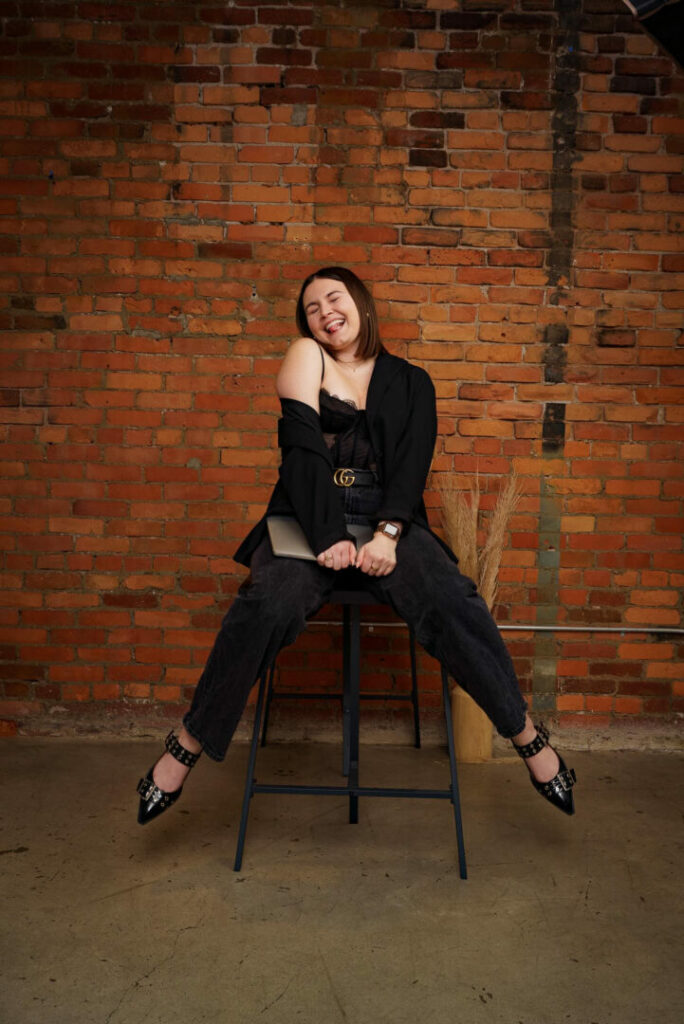
I have overcome my imposter syndrome with time, education and a large support system. I began my business in content creation and influencer marketing when I was 21 and felt very young and inexperienced at that point in time. As a college student, there is no tutorial for entrepreneurship especially in the digital age. Once I graduated college and continued working on my craft, I began to feel more self assured in myself. With each success and failure, I was able to continue with my goals and reaffirm to myself that I can in fact do this seemingly impossible task. Read more>>
Stephanie Michaelian

Overcoming and managing my imposter syndrome is an ongoing process. As a young therapist, I often put pressure on myself to be “effective”–to ensure that my clients are making progress in some sort of way, that I am making their time with me as well as their resources worthwhile, that I can help them achieve the goals that they came to me with. It is easy to forget that therapy is a relationship. Focusing so much on “Am I being helpful?” takes away from “Does this person feel seen right now? Do they feel understood? Read more>>
Vel Stacy
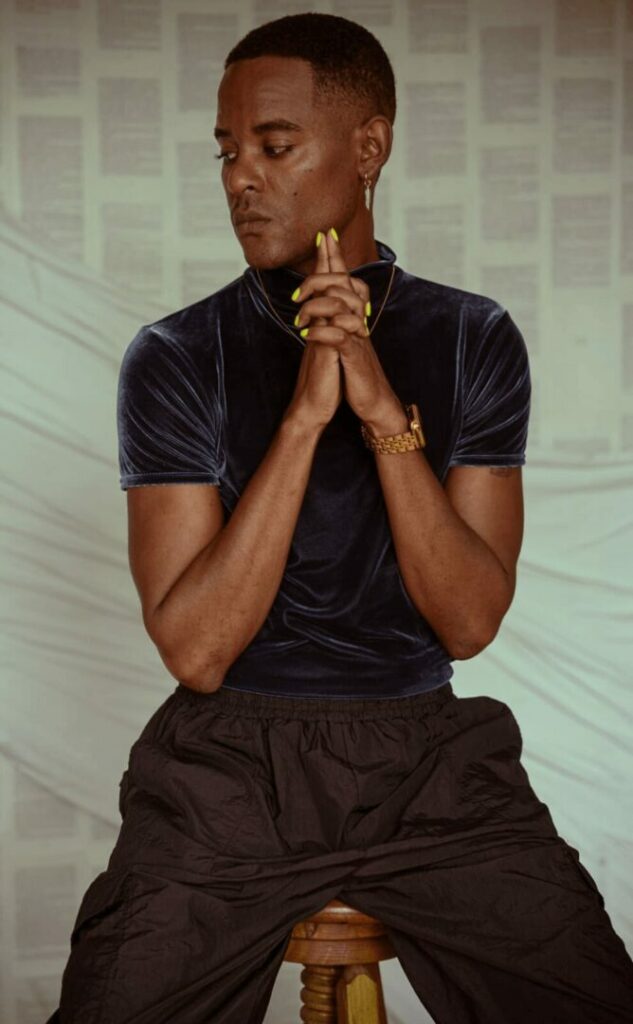
Sometimes I wonder if I have really overcome it, but reflection has helped. Taking time to look back and give thanks and appreciation for what I’ve been fortunate and curious to experience. I give thanks to God and the universe, spirits and ancestors for providing the blessings and the lessons.My grandma used to always say to ‘give credit where it’s due’ so I am sure to pat myself on the back when I achieved goals and accomplishments. At least nowadays. Read more>>
David Bradburn
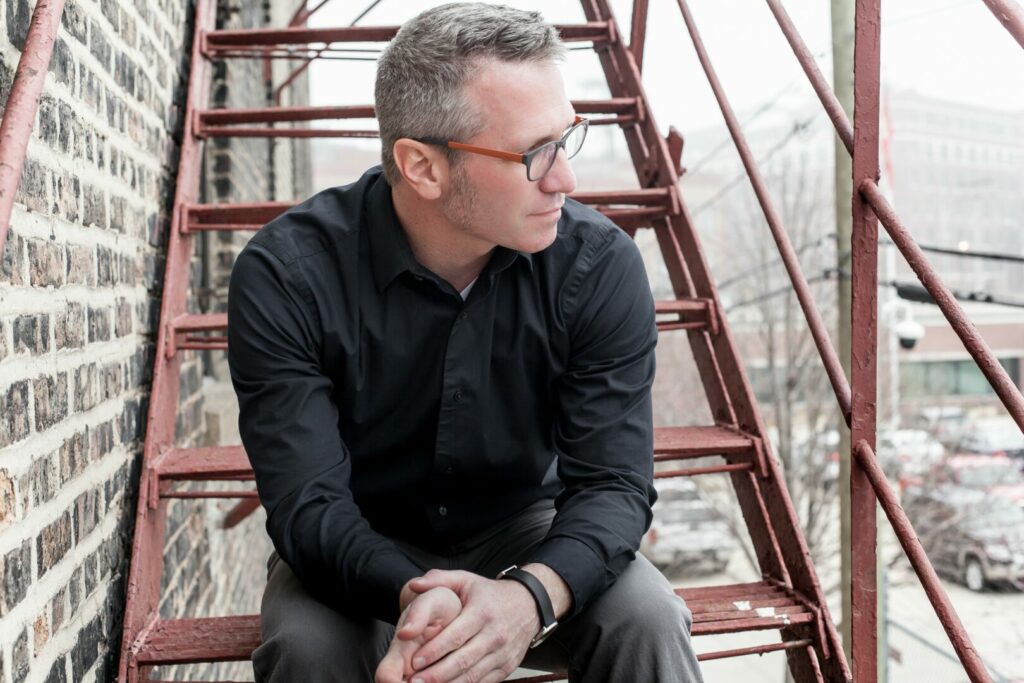
I don’t think I’ve overcome imposter syndrome as much as I have learned to recognize and manage it. There are clearly times where we are punching up and hopefully leveling up. Doing things we’ve never done before, and it is normal to feel like an imposter. But knowing the feeling allows us to manage it: feel it, accept it, breathe through it, then move on. Doubt is natural and even healthy and learning to know when to risk and when to retreat is part of growing. Read more>>
Corinne Eckert
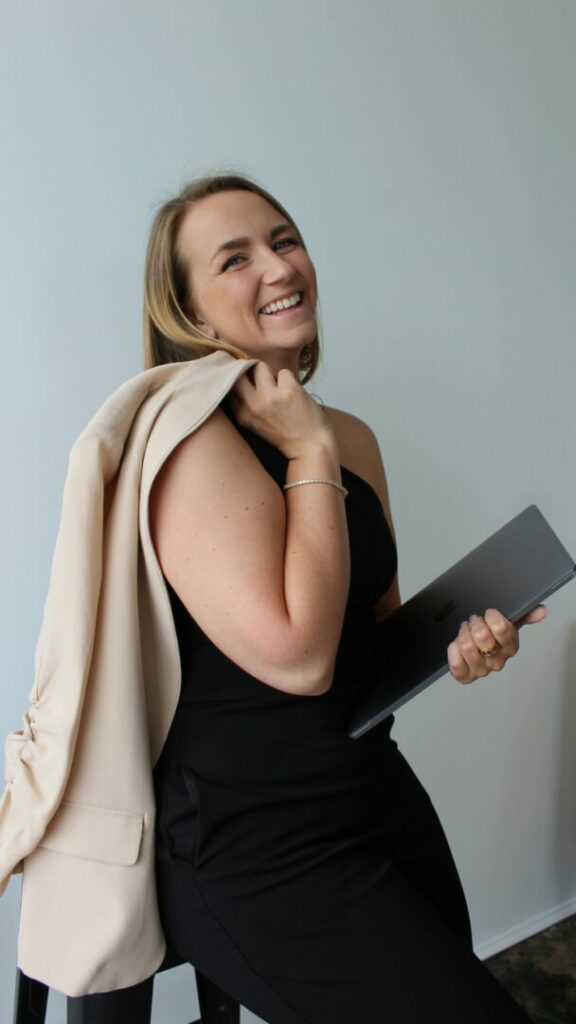
I’ve found that imposter syndrome is sneaky. You’ll overcome it, and then as you reach new levels, it comes back; but the trick that I’ve found to mitigate the effects of imposter syndrome is simply to act. I know this will be difficult, especially for the perfectionists out there, but trust me, you can do it! Read more>>
Liz Colver
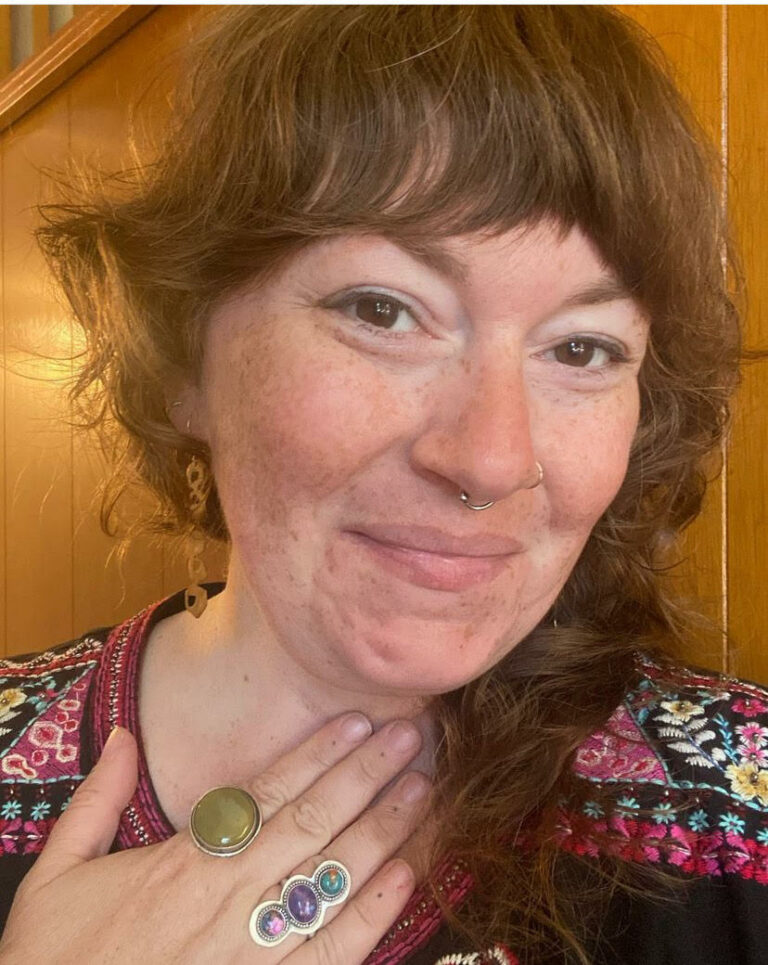
Does one ever really overcome this?! I have struggled with imposter syndrome in most every aspect of my life, but as a metalsmith, I found a serious gift in the fact that no two things made by hands can be the same – not even my own! With the realization that handmade means unique, I have tried to be diligent in allowing myself to be inspired by others work and not comparing mine to theirs. I’m still finding my own voice as a maker and an artist, but I know that comparison is the thief of joy, and when I’m head down at my bench working on something new, I can’t help but feel alive and inspired by my own creativity and willingness to claim that I, too, am an artist. Read more>>
Amber Brumfield
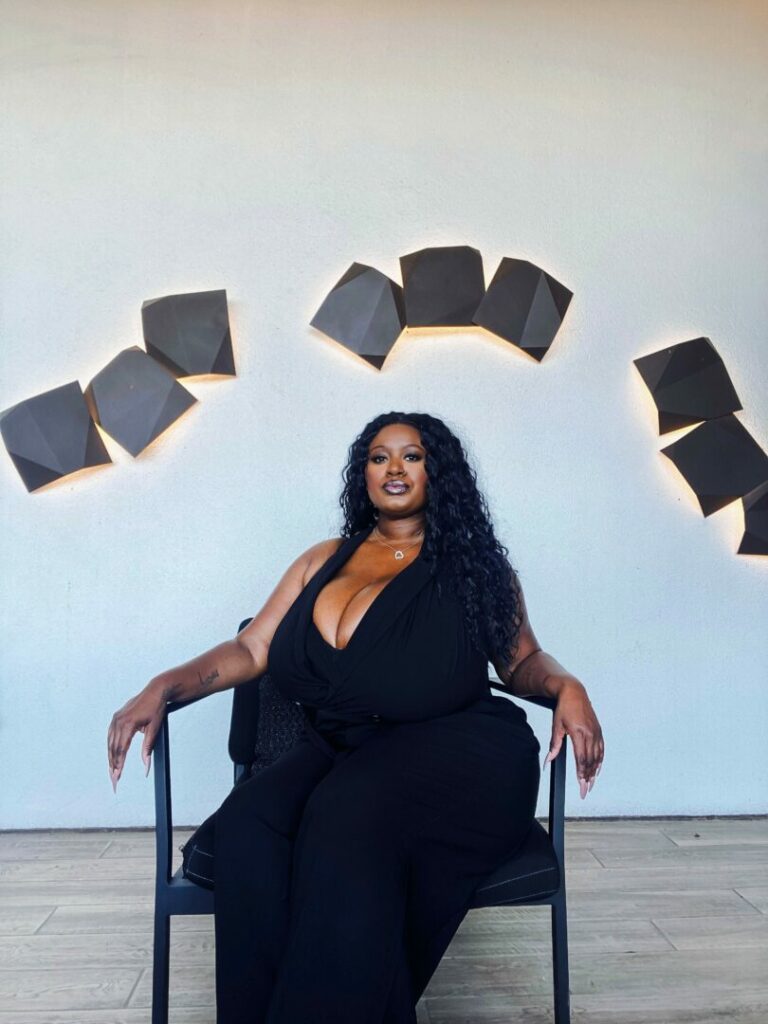
Overcoming imposter syndrome is a journey, not something that happens overnight. First, let’s understand what imposter syndrome is: it’s the persistent feeling that you don’t deserve your success or that you haven’t legitimately earned your achievements through your own effort or skill. When I encounter imposter syndrome, I make it a point to address the underlying concerns head-on. I focus on separating the facts from the fiction my mind creates. Often, I already have the tools I need, but it’s the self-doubt that holds me back. Read more>>
Christine Hardy
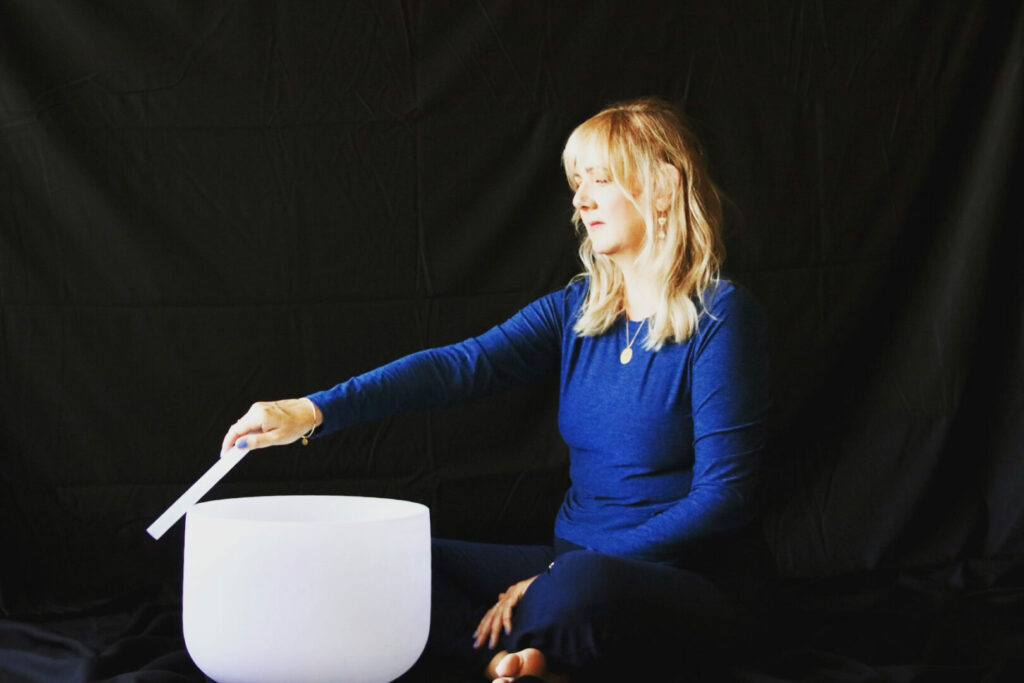
Imposter Syndrome is a real tricky thing. I think I’ve had it throughout my life during different phases and even writing this I feel it creeping back into the corners of my mind. Here we go again! When I first started teaching yoga it was a real thing, louder than any other time in my life. The Imposter said, “You aren’t good enough. You’re too old. Your body doesn’t look like a yoga teacher should look. You can’t even do a handstand.” and on and on and on… Read more>>
Kaitlyn Eve
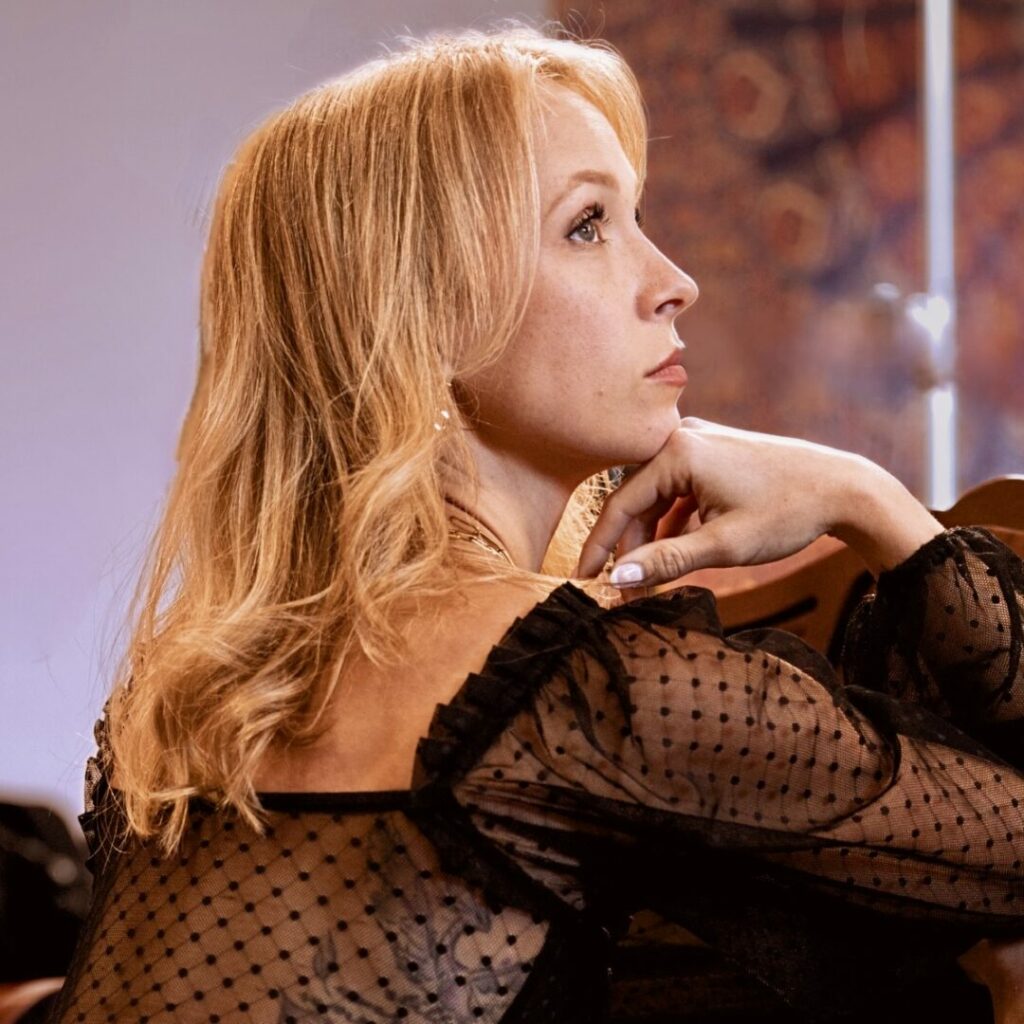
My moto has always been to “do it anyway.” I often feel like an imposter, like I’m not as talented as my peers or haven’t contributed as much. At the end of the day, who cares? Are you doing something you love? Are you learning and growing? Are you enjoying the process? Great! It’s okay to get those feelings of self-doubt but the most important thing is not to let them stop you. Read more>>
Nichagarn Chiracharasporn

I always focus on building a routine rather than trying to set up an image of who I should be and what I want to be. I don’t deny that it is very normal to dream of the best version of yourself because that is a good start however, for me specifically I like to keep that at the back of my head rather than make it my top priority for motivation. I focus on building a routine that I can keep doing without having to expect anything in return which sounds counterintuitive, but it has help lessen my worry about how others perceive me when I’m focusing on building a productive routine. Read more>>
Queralt Giralt Soler

Imposter syndrome is something I continue to battle with every day. I believe it’s especially common among women, so I’m glad you’re raising awareness about this issue and I hope that my personal experience can be helpful to someone. Read more>>
Raven
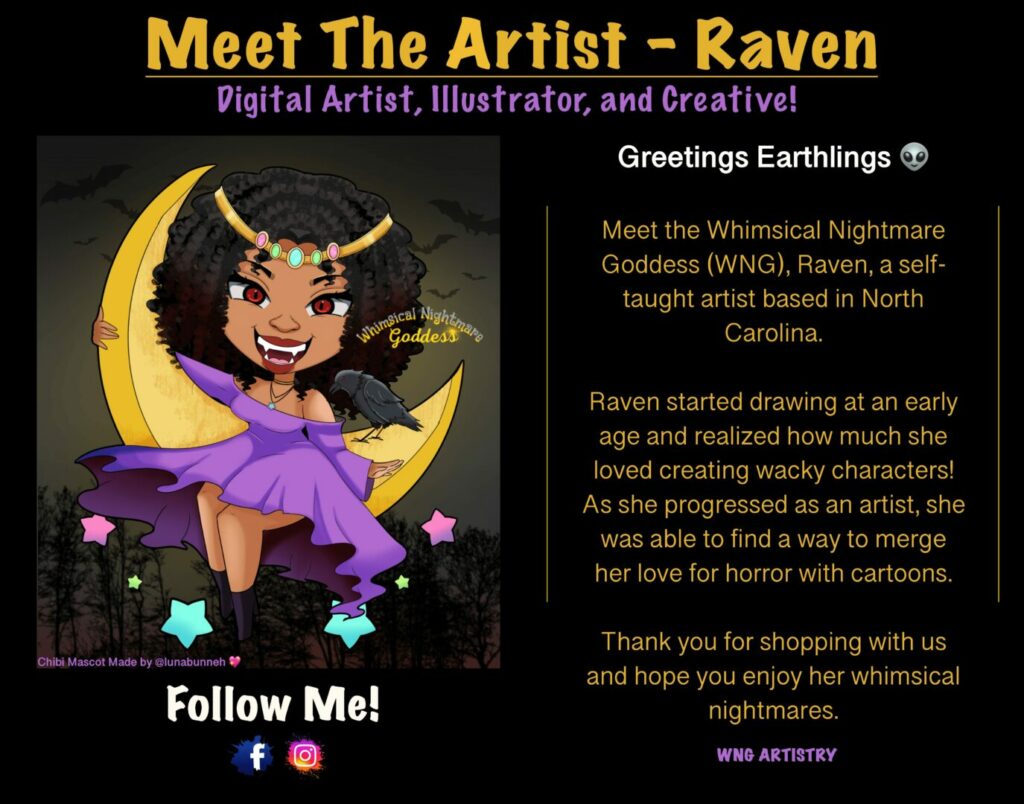
I came across a podcast, “The Tillage Podcast”, and one of the topics was on imposter syndrome. I really resonated with everything that was said, so I started listening to other topics from the same podcast. I came across another topic that put things more into perspective for me, it was about giving myself grace. By giving myself more grace, it gives me room to grow as an artist and as a person. Overall, grace gave me the tools to overcome imposter syndrome. I am good enough! Read more>>
Nicolas Shirey
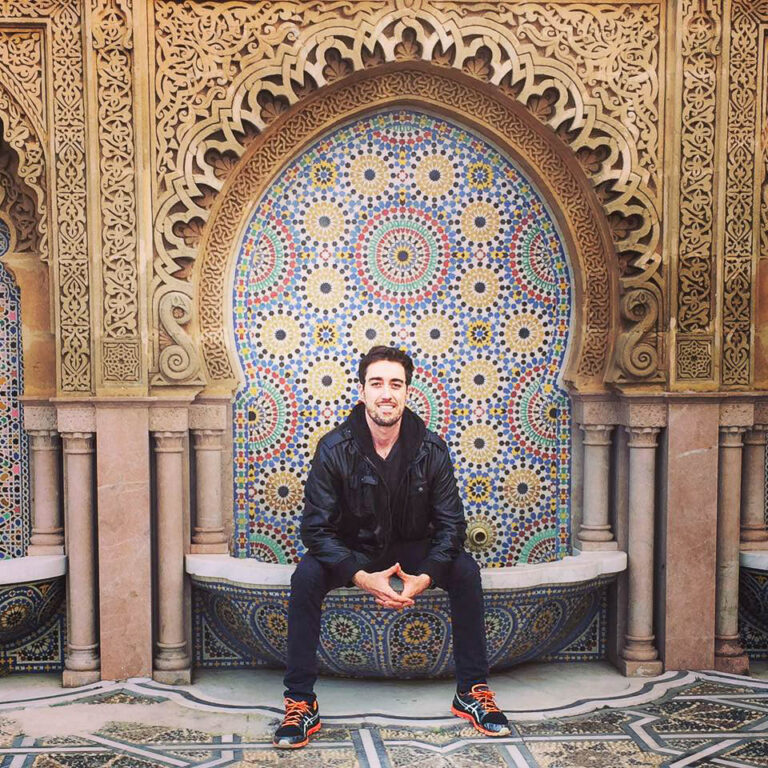
Imposter syndrome is something that never really goes away. You have to be just crazy enough to keep pushing forward, yet realistic enough to understand the constant work required to stay competitive in this field. I’ve been in photography since 2008, and in all those years, that feeling of not being enough still creeps in. But I think that’s what drives me—the desire to keep improving, to learn more, and to deliver something special every time. Read more>>
Jen Kroeger
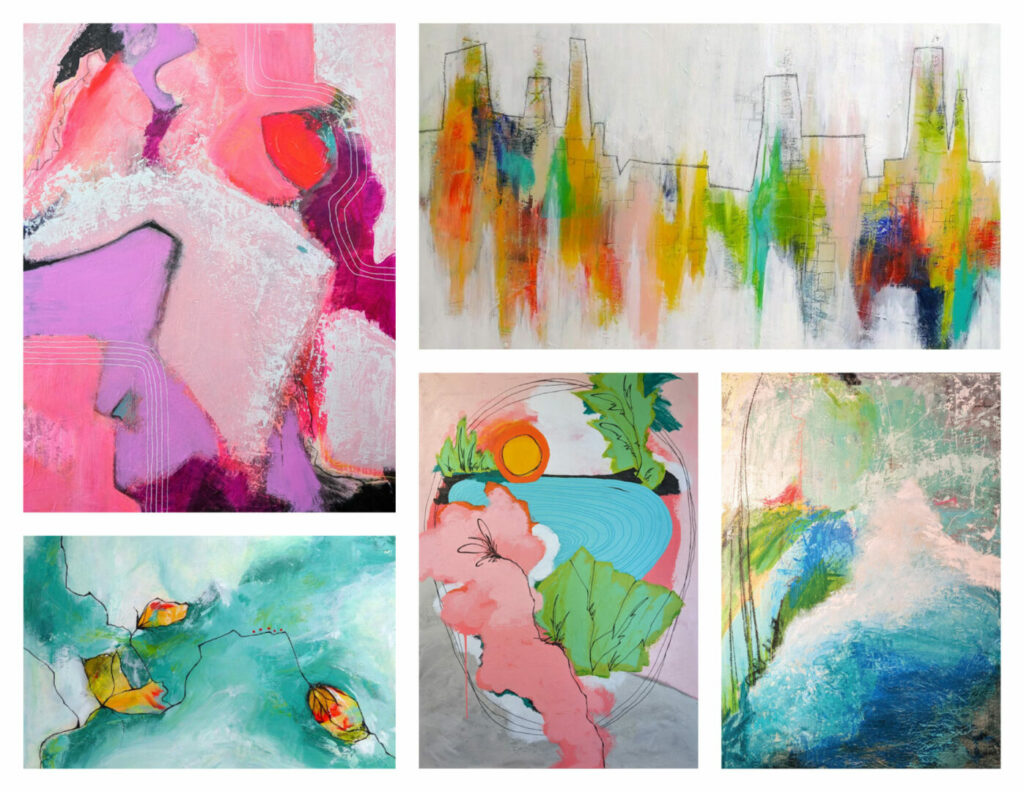
I am an artist and I am comfortable with who I am. Although for me, like many artists, imposter syndrome rears its ugly head occasionally. To overcome this thought, I have simply come to terms with the fact that making art is something I have to do. Like living and breathing – no question. I am having fun doing what I want and being true to myself. I am following where this artistic journey takes me and it’s been a wild ride so far, but I would never give it up for self-doubt. Read more>>
Julie Mccook
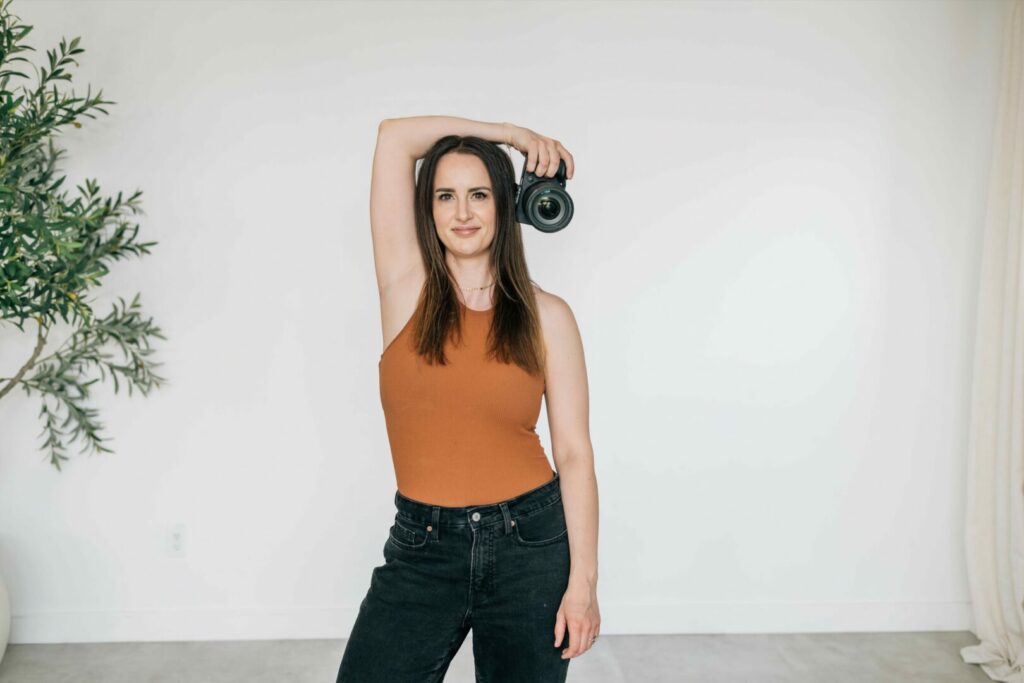
Overcoming imposter syndrome wasn’t easy, but it came down to a simple yet powerful realization: I am good enough. I had to stop comparing myself to others and understand that the only person I should be competing with is myself. This shift in mindset allowed me to focus on pushing my own boundaries, learning more, and constantly striving to become a better version of myself. By embracing my own journey and recognizing my unique strengths, I’ve been able to silence that inner critic and step confidently into my abilities. Read more>>
Sharon Owens

This is an interesting question since I quite literally impersonate someone else for a living! Throughout the start of my tribute career, I prepared, watched her movies and studied in order to imitate Barbra’s vocals and mannerisms as close as possible to perfection. I knew when I started this it was going to be one of the greatest challenges of my professional life. I mean, I picked one of the greatest singers of our time! Big Barbra shoes to fill! I take what I do very seriously on one hand but on the other, I do not take myself seriously at all! To me, there is nothing to overcome when it comes to “imposter syndrome”. I’m not her! I am an actress. I only take on her persona when I hit the stage. Read more>>
Eavan Mcnabb

Beginning my training late in life has been my biggest obstacle. At 16, I auditioned at the Nashville Ballet, not knowing a thing, and was put into class with dancers that started at two years old. Seeing some my age already training professionally was hard, and I couldn’t stop blaming myself for not starting sooner. So I got mad and motivated, and fell in love with the challenge. I trained as hard as I could to make up for lost time, and reached where I wanted to be. I was pursuing this as my professional career until I tried ballroom. Read more>>
Sam Hopwood

I HAVEN’T. I don’t think we ever overcome imposter syndrome and the day that we do is the day we should hang up the towel because it means that we’re not at our growth-edge. There’s either nothing else to learn or you’ve lost interest in learning more about whatever it is you’re doing and for me, I take that as I sign to stop and pivot or push through to find the growth-edge again. Read more>>
Lotus Buckner
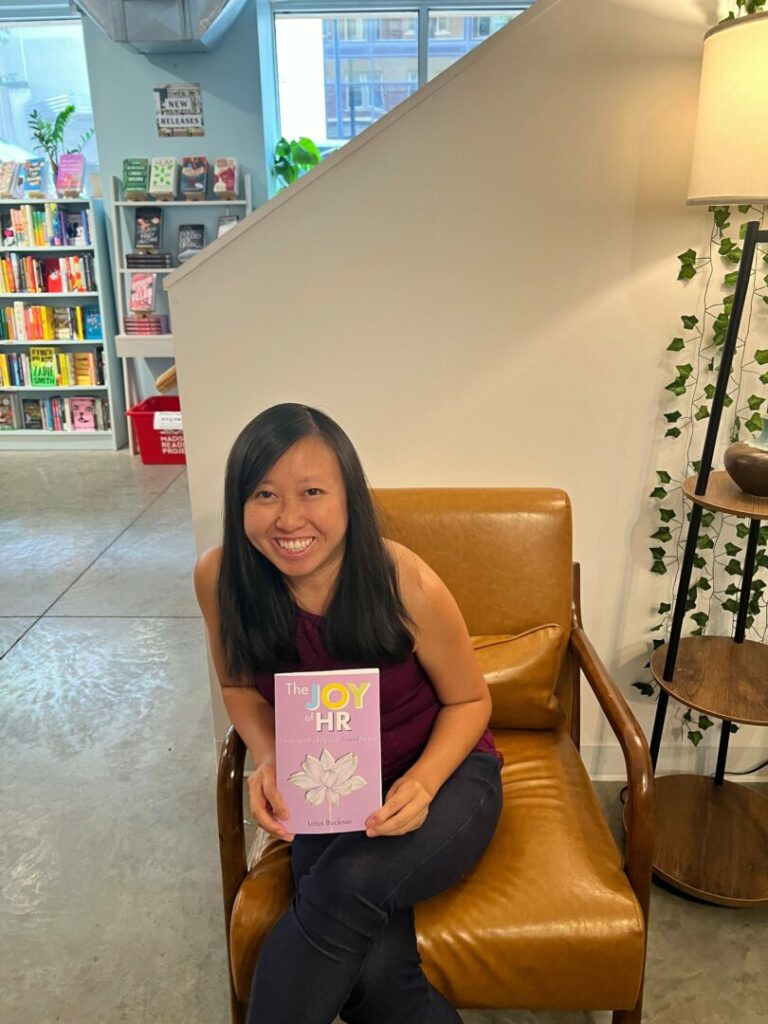
I haven’t! Ha! Similar to confidence, getting through imposter syndrome is a journey, not a destination. I’ve learned to view my imposter syndrome differently. First, I no longer see it as this horrible thing that plagues my every day. I see it as a sign that I’m still learning and growing, which to me, is a great thing! It’s also a reminder that I care about something because usually my imposter syndrome creeps up when it is something that means something to me, something I’m passionate about. Otherwise, I wouldn’t even be doing it or trying to do it. Secondly, I see imposter syndrome as something that I manage, not that I get rid of. Read more>>
Alicia Gakima

I simply believe that I’m worthy of having everything that I work towards. Read more>>
Molly Flynn
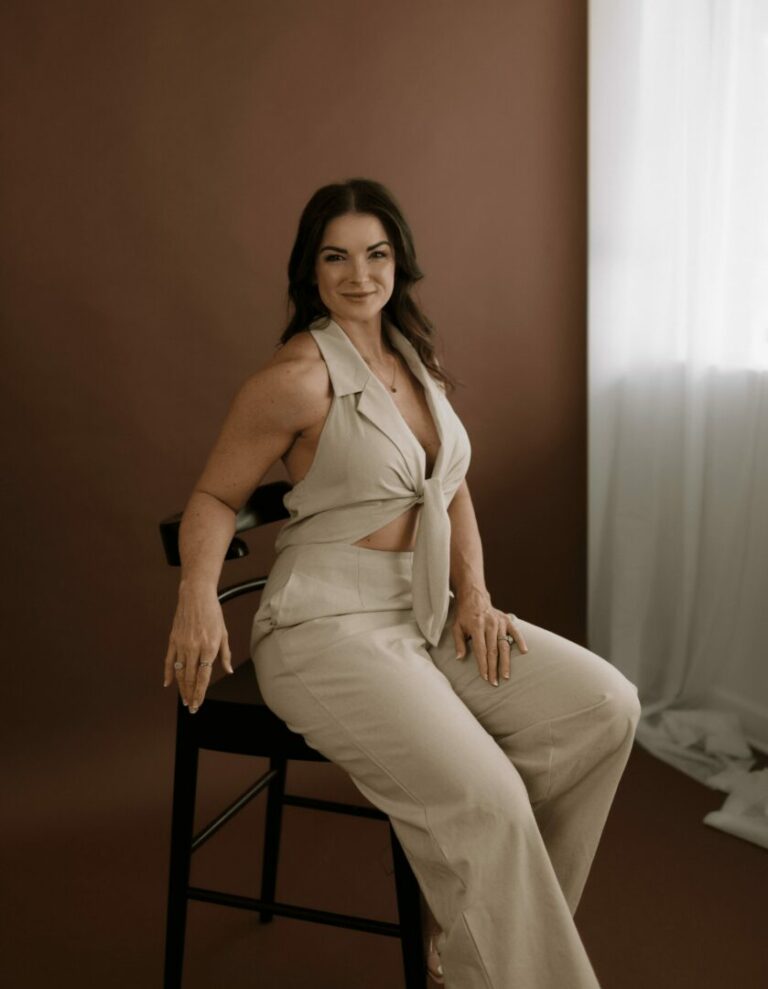
Imposter syndrome is real and raw thats for sure. There have been numerous occasions when I felt I didnt belong in the industry, or shouldnt speak up. But I quickly learned and continuously remind myself that there is only one Me, and no one else can take that. Overcoming imposter syndrome involves a combination of self aware-ness and ultimately, a mindset shift. Its ok to acknowledge your feelings, because anytime you step out of your comfort zone, it can be scary, but it is all about reframing your mindset. I always want to focus on my own personal growth, because I DID THAT and to really celebrate all the little wins. This I think has really helped me build the confidence, ignore the self doubt and always strive to be better for my clients, because they are the ones who matter in the long run. Read more>>
Kate Tran
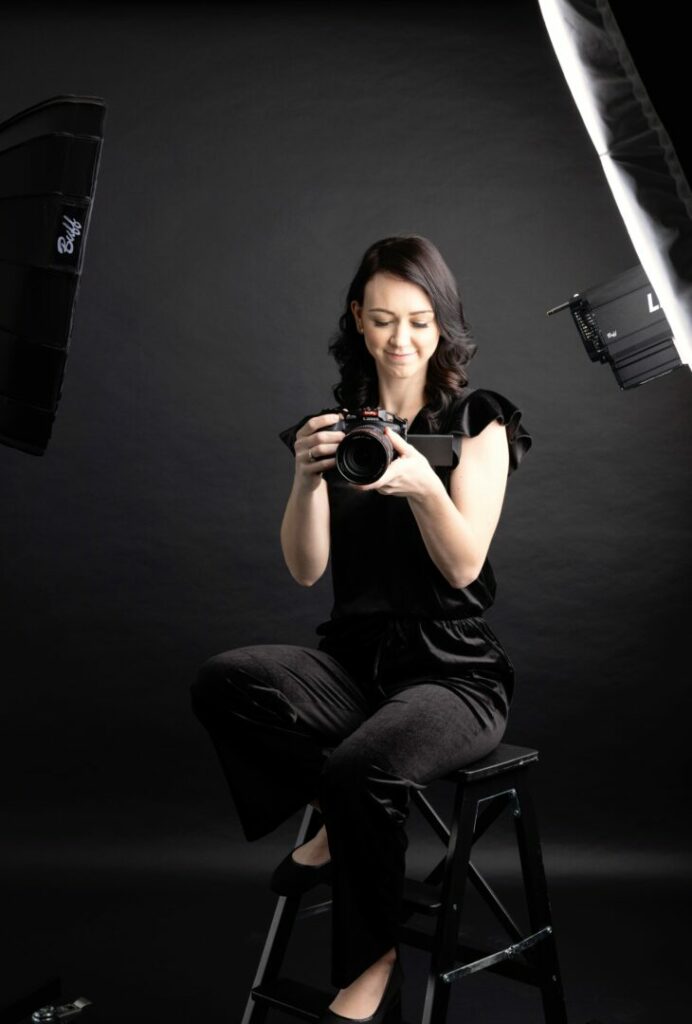
This is such a great question. I actually have conversations about this so often with my clients and have personally worked through this so much over the past few years. It is very easy in the creative industry to get caught up in the “imposter syndrome” and feel like you are not good enough with what you are creating & your skill level. With billions of videos being posted every day, it can be extremely intimidating when you think of the type of content you are posting compared to other creators who may be ahead of you in come cases. Read more>>
Sadia James-guissé
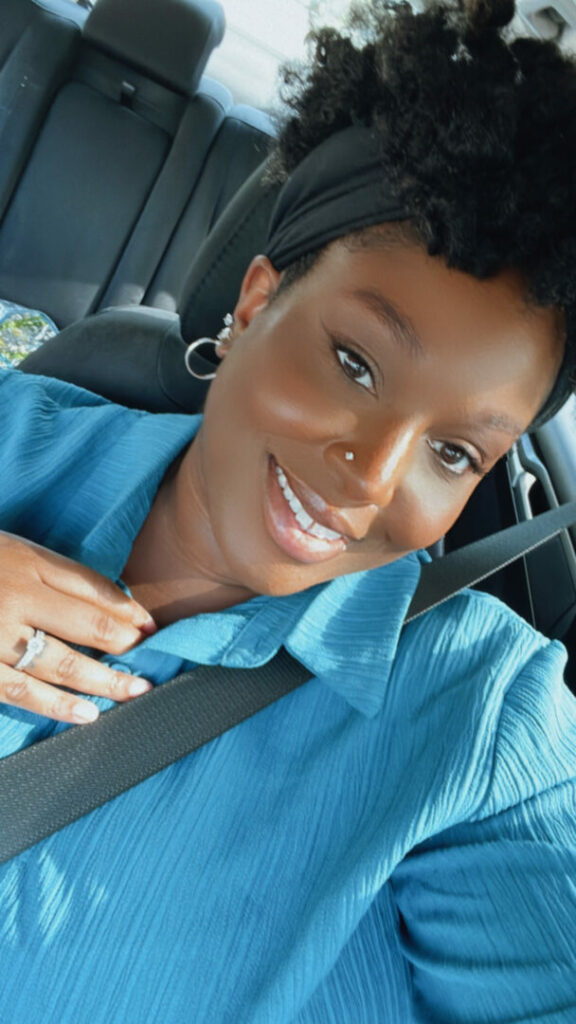
I still deal with imposter syndrome. Feeling like I do not “belong” in the creative spaces and conversations, receiving the recognition I have for past innovative projects, creations, etc. But then I remembered that the higher power makes no mistakes. So, if I take breaks, the motion is slow, and sales aren’t frequent. I remind myself that I was given this gift, this vision, so I am right where I belong. Read more>>
Jessica Pogue
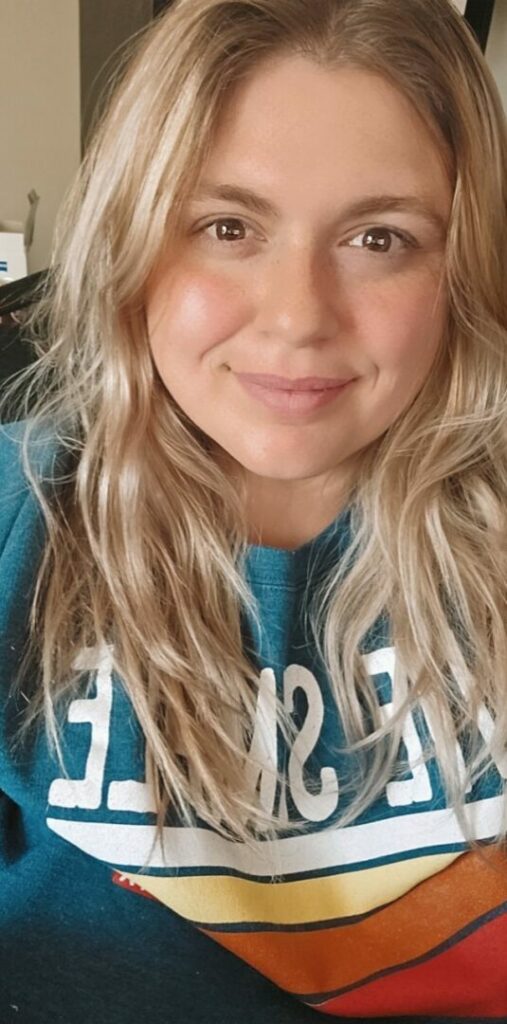
Imposter syndrome is something I have struggled with since I’ve started photography. I think just staying true to myself, my passion, and what I want my business to be has helped a lot. When booking with clients- I make sure my style and the way I run business matches what they are wanting. This has helped minimize negative feed back with finalized photos and has kept my clients happy! Read more>>
Rey Romero
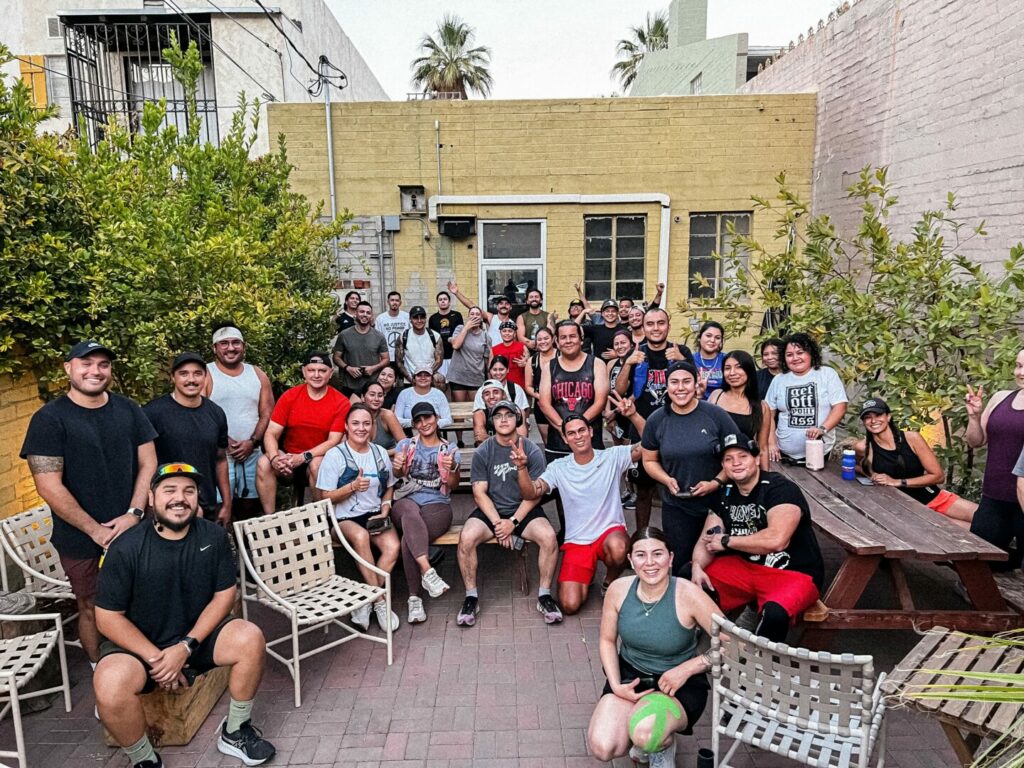
I don’t know if I have, or ever will, completely overcome imposter syndrome – and that’s okay. I think it’s an internal battle that can be unique to every individual. We all hold ourselves to different standards. However, after many years of entrepreneurship, I’ve learned to manage it better. My go-to is an endurance challenge. Planning a big hike, or cross country adventure on my bike usually does it. The goal is to give the mind a break from work, and simply put one foot in front of the other. Read more>>
Dianna Isabella

Being raised in a very strict, fire and brimstone Pentecostal church from birth, I found myself in possession of detrimentally skewed mindsets and pretenses about God and who He really is by the time I was a pre-teen. In parallel, those mindsets and pretenses carried over into the thoughts I had about myself and who I really am. Enter in the imposter. Read more>>
Jenn Givhan
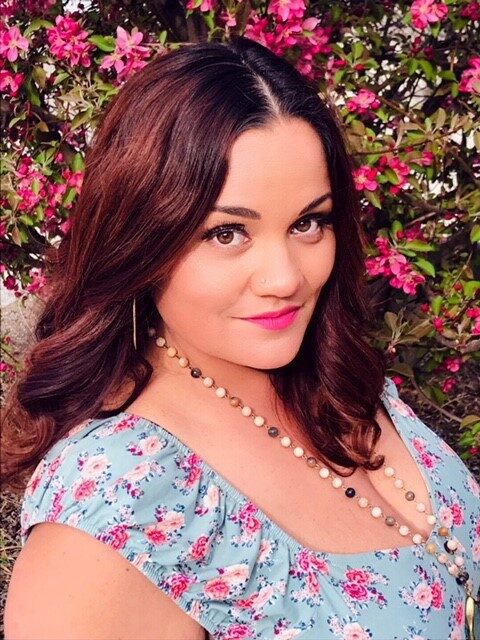
I’m not entirely sure that I’m over it, but I do remember a few years back, a male professor asked me about imposter syndrome during one of my readings at a college, and I’d never really heard of it or felt like I’d struggled with it–I’d just finished reading from a deeply personal novel I’d published, JUBILEE, which tells my story on the Mexicali border surviving a toxic relationship and miscarriage, through a surreal lens, drawing strength from my chingona goddesses like Frida Kahlo, Sandra Cisneros, and Emily Dickinson. So the idea that I might feel like an imposter never occurred to me. Read more>>
Tatiana Rulin

Overcoming imposter syndrome has been a big part of my journey as a photographer. When I first started, I often questioned my abilities and felt like I wasn’t as skilled or deserving as others in the field. Even now, that feeling can creep in from time to time, but I’ve learned how to manage it better. Read more>>
Chris Flemming
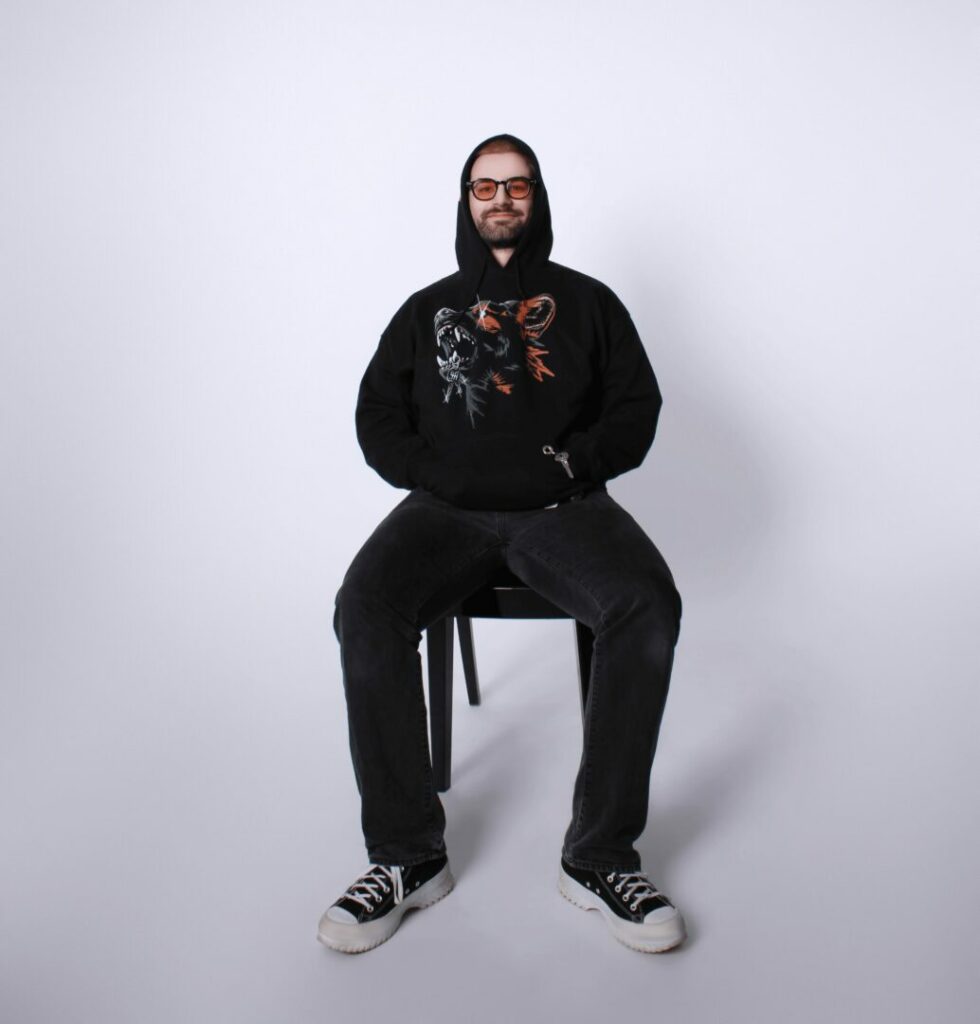
I never did. Dealing with Imposter Syndrome is a constantly evolving battle that grows with you as you carve out and develop your place in the world. Imposter syndrome always seems to pop up when facing growth and uncharted waters- overconfidence can sometimes be a warning sign of stagnation. Read more>>

